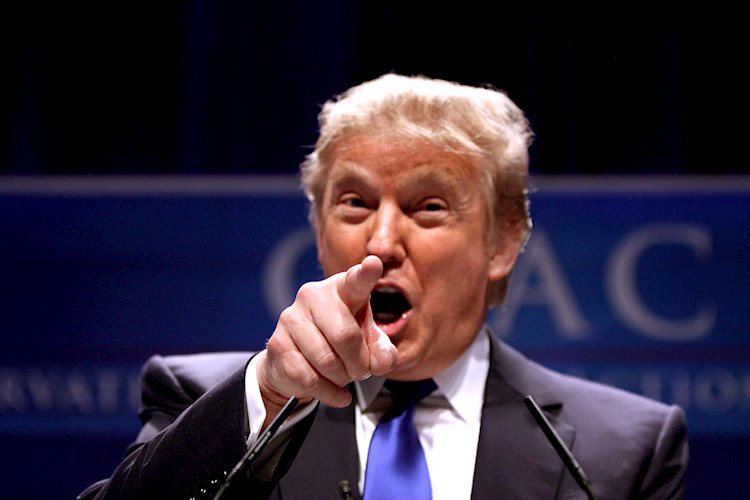The recent victory for President Trump has economists at ABN AMRO noting significant downside risks to the growth outlook for the eurozone, particularly for export-oriented countries like Germany and the Netherlands. One of Trump’s main policies is the implementation of a universal tariff on all US imports, with rates ranging from 10-20%. A 10% universal tariff could lead to a sharp decline in eurozone exports and impact growth by 1.5 percentage points in the coming years, potentially causing economic stagnation rather than continued recovery.
The uncertainty surrounding Trump’s tariff plans and the likelihood of his Republican party gaining a House majority raises the risk of full implementation of the tariff agenda. ABN AMRO economists are currently reassessing their base case for the US and eurozone economies in light of these developments. The increased downside risks to eurozone growth and inflation may prompt the European Central Bank to cut rates at a faster pace or lower rates beyond the current expectation of a 1.5% terminal rate. Further updates on the economic impact of Trump’s policies will be provided in the coming weeks.
The potential ramifications of Trump’s victory on the eurozone economy have economists concerned about the impact on growth and inflation. If the full tariff agenda is implemented, eurozone exports could suffer, leading to a slowdown in economic recovery. The uncertainty surrounding Trump’s intentions and the political landscape in the US make it difficult to predict the extent of the economic impact, but ABN AMRO economists are closely monitoring the situation and revising their economic forecasts accordingly.
In response to the increased downside risks, the European Central Bank may need to adjust its monetary policy to support the eurozone economy. This could involve cutting interest rates at a faster pace or lowering rates beyond current expectations. The potential for a more dovish monetary policy stance reflects the concern among economists about the negative impact of Trump’s policies on the eurozone economy, particularly for countries heavily reliant on exports.
Economists are urging caution in light of Trump’s victory and the potential consequences for the eurozone economy. The implementation of a universal tariff on US imports could have far-reaching implications for eurozone exports and economic growth. ABN AMRO economists are closely monitoring the situation and will provide updates on the economic outlook as more information becomes available. The uncertainty surrounding Trump’s policies highlights the need for proactive measures to mitigate the potential risks to the eurozone economy.
In conclusion, the victory of President Trump poses significant downside risks to the growth outlook for the eurozone, especially for export-oriented countries like Germany and the Netherlands. The implementation of a universal tariff on US imports could lead to a sharp decline in eurozone exports and negatively impact economic growth and inflation. As economists continue to reassess the situation and monitor developments, it is crucial for policymakers to be prepared to adjust monetary policy to support the eurozone economy in the face of potential challenges posed by Trump’s policies.











